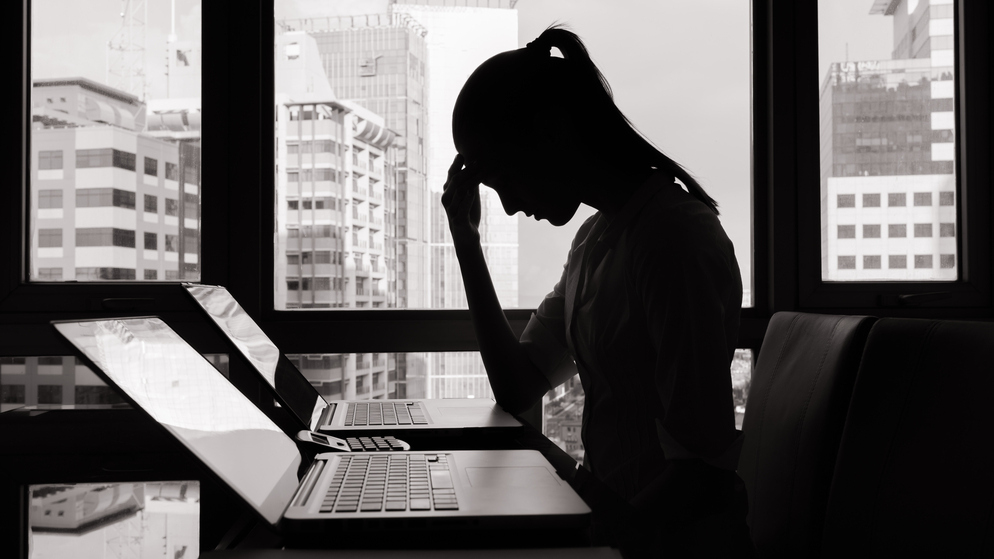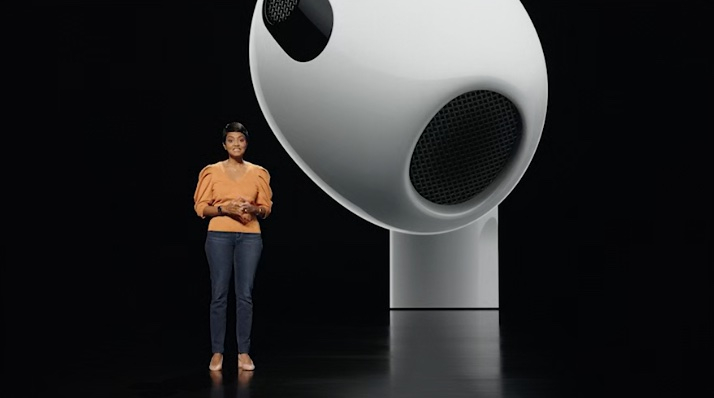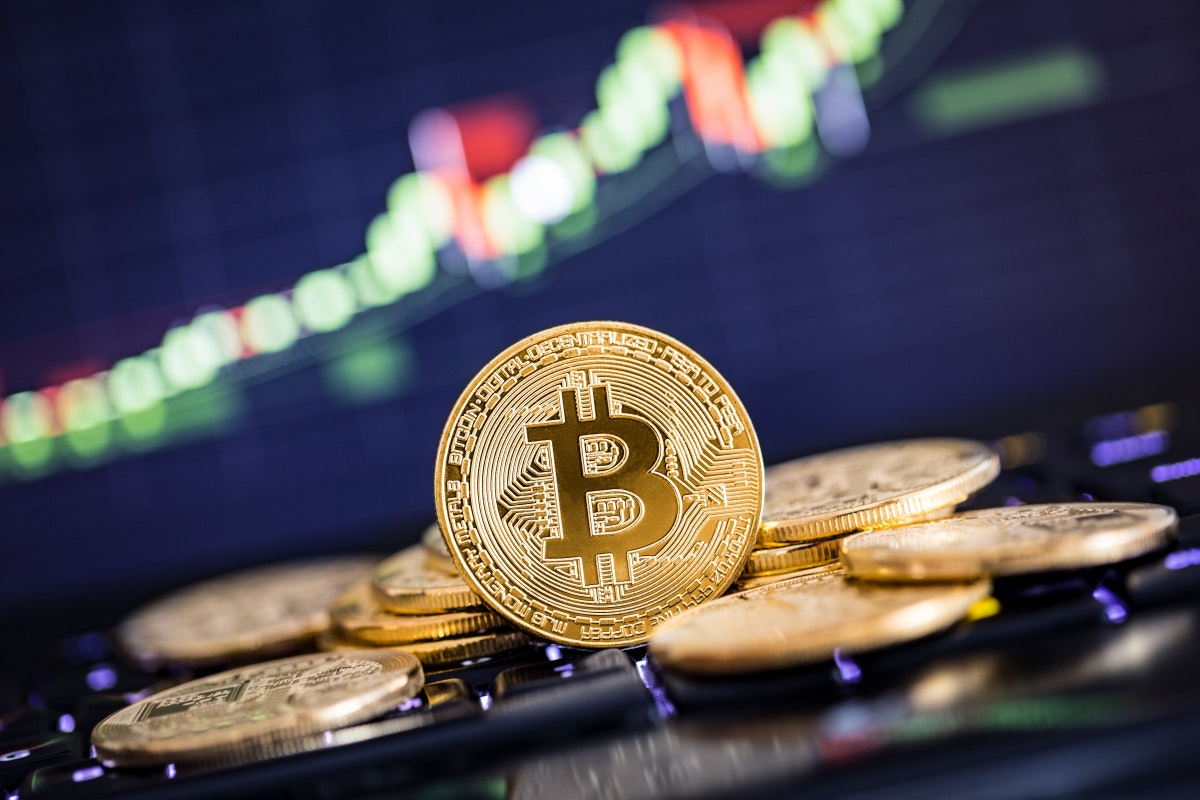Carry on or give up? That’s how you decide
You should have quit earlier. You should have scrapped the project sooner. You should have asked for support sooner. You should have moved sooner. You should have broken up sooner. You should have told the customer sooner where he was going – well. So how many times have you nodded now? I’m nodding my head the whole time I’m writing because each of these unmade decisions fits into my bio.
I dare say it is the same for most people. And in many situations, the delay has made us (me, you, anyone) sick. Exhaustion because the job doesn’t fit and the boss belongs back in the hell where he learned his social skills. Anger and sadness in relationships that have survived. Doubts, maybe fears and worries about projects. And all along I hated myself a little bit for not deciding what needed to be decided. Goodbye self-esteem.
Please do not get this wrong. I’m mostly fine with my life choices and I hope you feel the same way. There are reasons I’ve sometimes decided too late, and you have yours. The triad of refusal to make decisions: not dared, not ready and belief in the good.
No decision is usually a bad decision and bad decisions are human. None of this is rational. It doesn’t have to be. It’s better anyway.
“At least you pulled it off,” sounds a slightly fatalistic but well-intentioned praise. Cognate to: “You fought well.” But maybe we should rethink: “At least you surrendered in time” might be the smarter approach. Because if you don’t give up, you could waste resources, even though it has long been clear that a project no longer has any chance of success. One possible answer: give up when you first think about giving up. Poker icon Annie Duke writes that hard in her book “Quit” (Aniston Verlag).
Editor’s Recommendations
If you have doubts, you might blame inner insecurities. Instead of looking for faults in the project, people look in themselves. They wish they were stronger and they don’t realize that their judgment is begging for attention.
We call it gut feeling and claim it’s irrational. But gut feeling is a product of our experiences, which always comes up when we place ideals, standing or belief in what should be above our reason. In the long run, the gut feeling turns into a stomach ulcer.
Change makes people happy. First of all, there are neurological reasons: If we break out of the familiar, then the brain has to work. A new way to work needs to be discovered and saved. A new apartment has to make an impression. A new job – despite all its unknowns! – inspires people. A new team is an opportunity to adjust one’s work personality. You are an opportunity for them, they are an opportunity for you.
And then there’s the change study. A team of researchers asked people which decisions are currently troubling them and how satisfied they are with life. They asked later. Those who made the change were generally happier. Even tossing a coin is smarter than doing nothing. Head: fight. Number: escape.
First, there’s a certain chance that chance is smarter than you. Second, hopefully the outcome will activate your judgment. You do not like it? There you have your answer. Economist Steven Levitt says people are often overly cautious — and a coin toss them can make you happier.
As teenagers we learned to make a pro and contra list. But it is no more than an attempt to reduce a complex, often dynamic problem to two dimensions. The result may look clean – but is far from life.
Annie Duke suggested to a reader that she mentally project herself into the future. She asked: “If it’s a year later and you’ve started the new job (…), what are the chances that you will be unhappy?”
“I don’t know,” the reader replied.
“100 percent?” Duke asked.
“Definitely not,” said the reader. And realized: But if she stayed in the job that was already making her unhappy, then she would remain unhappy. At least the change was a chance.
Change is also the strongest ability of the young generation and science is on their side. We older people suffer from “status quo bias”, as economists Richard Zeckhauser and William Samuelson put it once formulated. Kylie Minogue sang “Better the devil you know”. In other words, who knows if it might not be worse elsewhere.
Younger employees are more resilient and they fear an unbearable standstill more than the uncertainty of change. Smart of them. It lets them make wiser decisions.



